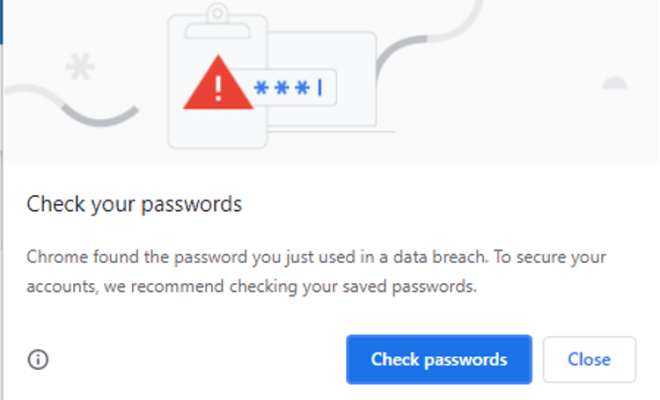Does Your Wi-Fi Speed Drop? Here’s Why and 7 Tips to Fix It

As technology advances, our dependence on the internet grows exponentially. Whether it’s for work, entertainment, or communication, a strong and reliable Wi-Fi connection is essential. However, have you ever experienced a sudden drop in internet speed? It’s a common occurrence that can be frustrating for anyone, but the good news is, it can be fixed. In this article, we will discuss the reasons behind a drop in Wi-Fi speed and 7 tips to fix it.
Reasons for Wi-Fi Speed Drop:
1. Network congestion: When too many people are connected to a network, it can cause congestion, leading to a slowdown in speeds.
2. Interference: Interference from other devices or networks in the same area can disrupt your Wi-Fi signal and slow down your connection.
3. Distance: The further away you are from your router, the weaker the signal will be, resulting in slower speeds.
4. Outdated router: If your router is outdated or not compatible with the latest technology, you could be missing out on fast Wi-Fi connections.
5. Viruses and malware: These can cause slow internet speeds by consuming available bandwidth or sending out spam emails.
7 Tips to Fix Wi-Fi Speed Drop:
1. Move closer to the router: One of the easiest ways to fix Wi-Fi speed drop is to move closer to the router. This will provide a stronger signal and faster speeds.
2. Reduce network congestion: Limiting the number of devices connected to your network can help reduce network congestion, leading to faster speeds.
3. Change the Wi-Fi channel: Changing the Wi-Fi channel can reduce interference from other networks and improve signal strength.
4. Upgrade your router: Upgrading your router to a newer model that supports the latest technology can provide faster Wi-Fi speeds and better coverage.
5. Update router firmware: Updating the firmware on your router can fix bugs and improve performance, resulting in faster speeds.
6. Use a Wi-Fi extender: If your Wi-Fi signal is weak in certain areas, a Wi-Fi extender can help boost signal strength, providing faster speeds.
7. Use antivirus software: Antivirus software can prevent viruses and malware from consuming bandwidth, leading to faster internet speeds.





